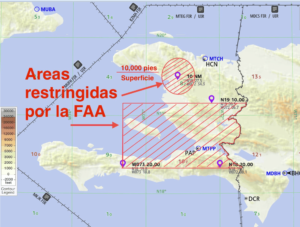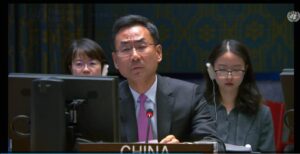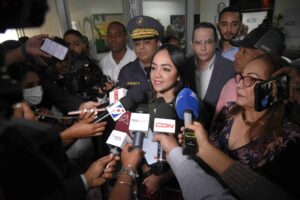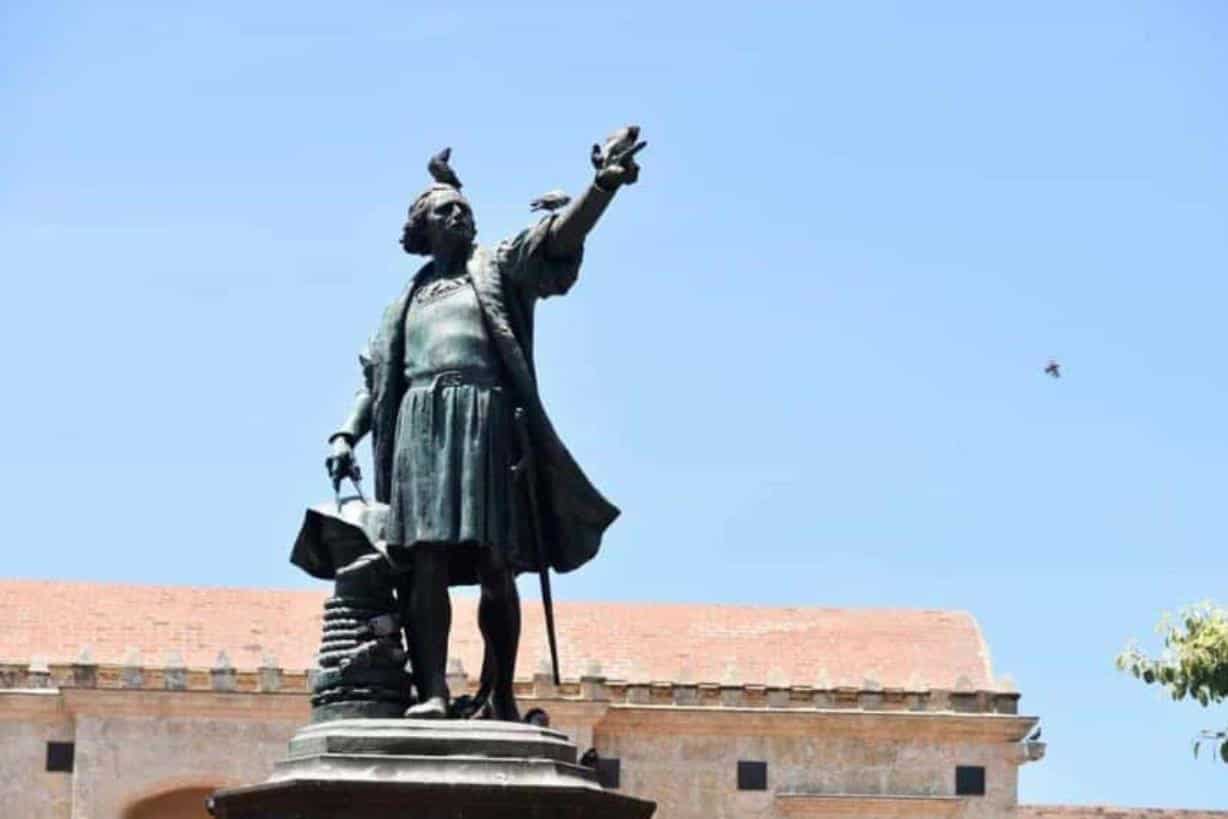
Spanish Radio Television (RTVE) recently published a documentary titled “Columbus DNA. His true origin” in which the theory was supported that the explorer had Sephardic Jewish origins and not from the Italian city of Genoa, as was believed.
The origin of the discoverer of America was not the only debate that was discussed by the professor of Legal Medicine, José Antonio Lorente, and the research at the University of Granada. They were also able to certify that the remains of Christopher Columbus buried in the Cathedral Seville They are true.
Based on the analysis of DNA of the bone remains of Columbus, his son Hernando, also buried in Sevilleand his brother Diego, whose bones are preserved in La Cartuja, Lorente assured that “this previous partial theory that the remains of Seville are from Christopher Columbus“.

Who owns the bones in the Dominican Republic?
With this new theory, it would remain to be deciphered whose supposed Columbus bones rest in the Columbus Lighthouse, in the Caribbean country. To do this, RTVE explained the “risky journey of the remains“since the death of the discoverer in May 1506 in Valladolid.
Initially, his body was transferred to Seville. However, Columbus’ wish was to be buried on the island ‘Hispaniola’, which today is Dominican Republic and Haiti. Thus it was, as in 1536, the remains were buried in the Cathedral of Santo Domingo. However, after the Convention War between Spain and France, and the subsequent Treaty of Basel, the island passed into French hands and the bones were taken to Cuba.
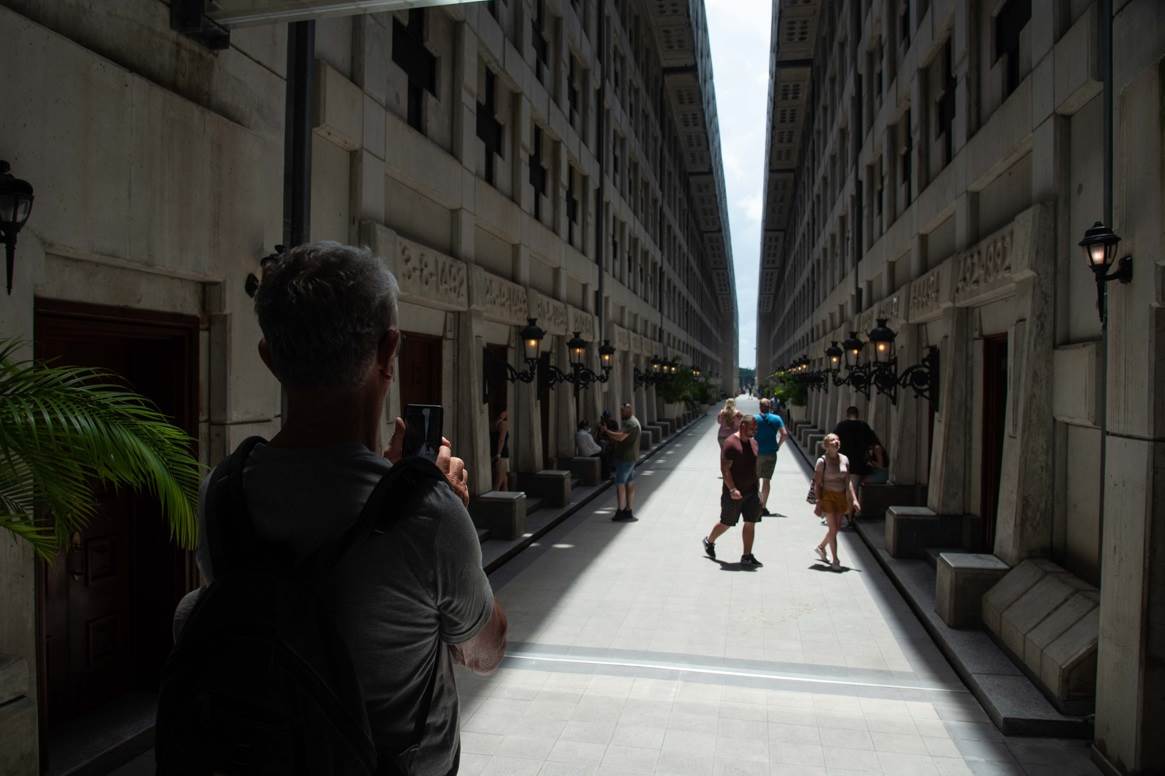
Later, with the defeat of Spain in the Spanish-American War of 1898, the remains were taken to Sevillebut not all. Because in the Cathedral of the Andalusian capital, only a few pieces are preserved and the Dominican Republic continues to maintain that they were never transferred and remain in the country within the mausoleum built in 1992.
RD denied access to researchers
That is why the new finding, as explained in RTVE, does not rule out that the remains that are on the island are also from the discoverer, since Lorente recalled that “they are not all on Sevillenor are they all in Dominican Republic. The media outlet stated that Dominican authorities did not allow investigators access to their remains to continue with the work.


